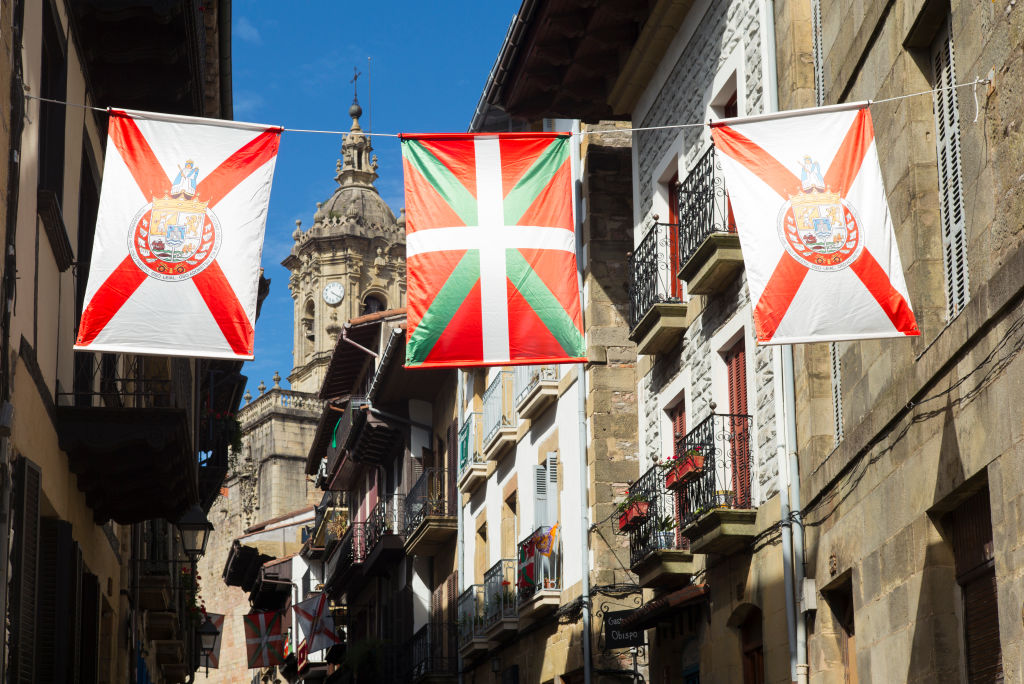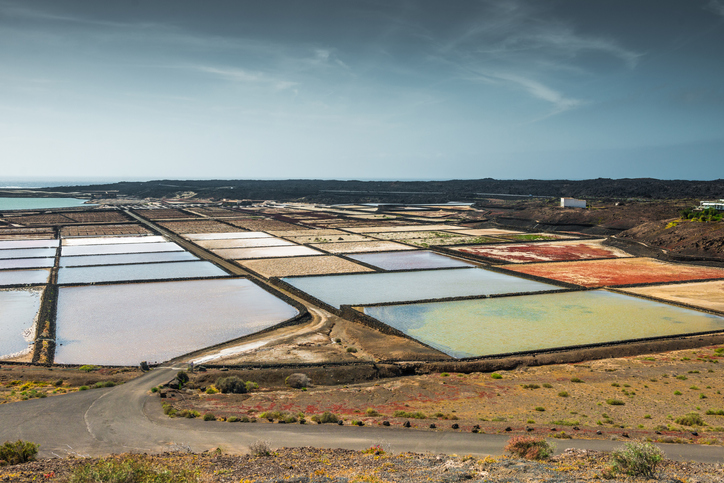The Spanish Congress has elected the candidate of the Socialist Party (PSOE) as their president for the next four years.
Francina Armengol, a former president of the Balearic Islands region, will chair the sessions for this parliament that starts on August 17. The votes of the separatist parties of Catalonia proved indispensable in securing the Socialists the top job in Congress.
The Socialists’ candidate achieved a better-than-expected result, with MPs electing Armengol in the first round of voting. She garnered 178 votes, two more than the required 176 for an absolute majority.
The 152 MPs from the core leftist bloc of PSOE and the progressive party Sumar, with the combined force of 26 national regionalist and separatist MPs, secured the victory for Armengol. This is a major milestone in acting Prime Minister Pedro Sánchez’s strategy, observers say.
Sánchez conceded to key demands from the separatist parties for the PSOE to lead Congress. The Esquerra Republicana party (ERC) – the Left-wing separatist party from Catalonia – said the PSOE had agreed to modify the rules of Congress to include Catalan as an official language during parliamentary debates.
The ECR leader Gabriel Rufián stated that their agreement was only for the election of the congressional leadership. He added that “this has nothing to do with the investiture process [for the premiership]”.
Rufián also secured agreement that the new government will investigate the Pegasus case; Pegasus is spyware developed by the Israeli cyber-arms company NSO Group that is designed to be covertly and remotely installed on mobile phones running iOS and Android.
In addition, Rufián said he will extricate the Spanish justice system from the “political conflict” between Catalonia and the Spanish State. Fugitive Carles Puigdemont’s party, Junts per Catalunya, also voted for Armengol.
She is expected to advance not only the use of Catalan but other regional languages as part of a reform of Congress bylaws. Euskera (the Basque language) and Galician are also set to become part of the day-to-day operations in parliament.
On the other side of the spectrum, the main opposition candidate and leader of the Popular Party (PP), María Concepción “Cuca” Gamarra, only received the support of 139 MPs. To the shock of PP leaders, the conservative party Vox nominated its own candidate. Analysts point to fractures in the right-wing bloc.
The PP now faces a complicated scenario for the potential investiture of its leader Alberto Núñez Feijóo. Armengol’s election signals the PSOE’s strength and its resolve to build a majority for Sánchez to remain as Spain’s Prime Minister, observers say.
The new congressional leadership will inform the Head of State – King Felipe VI – that a new parliament has been constituted. This triggers a consultation process where the King must ultimately decide on a candidate to become the Prime Minister. Both Sánchez and Feijóo are vying for the King’s nod.





